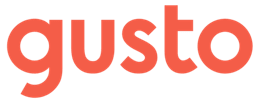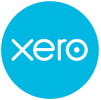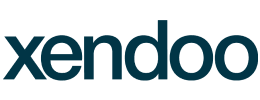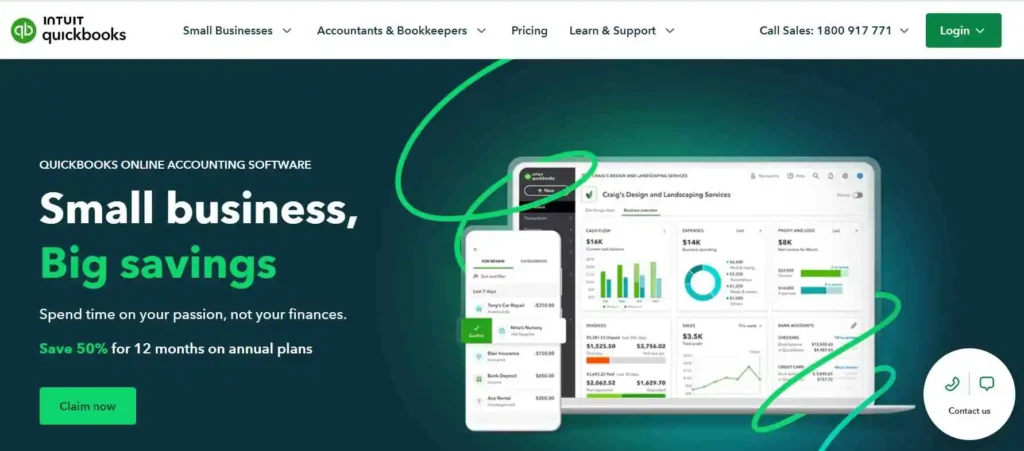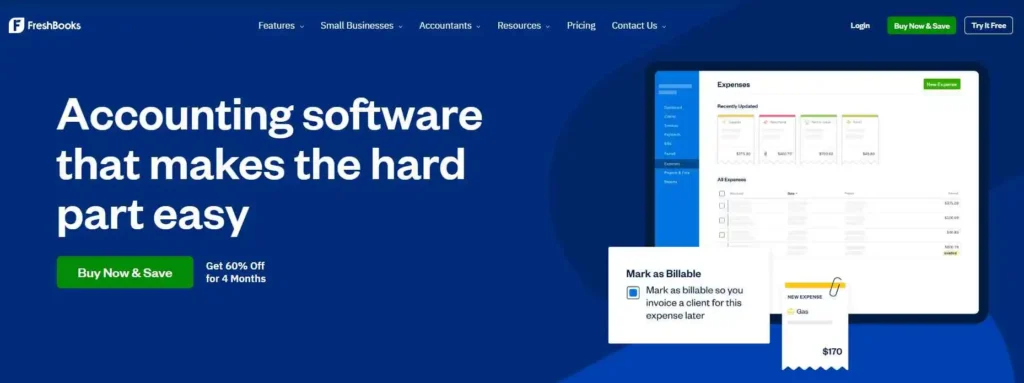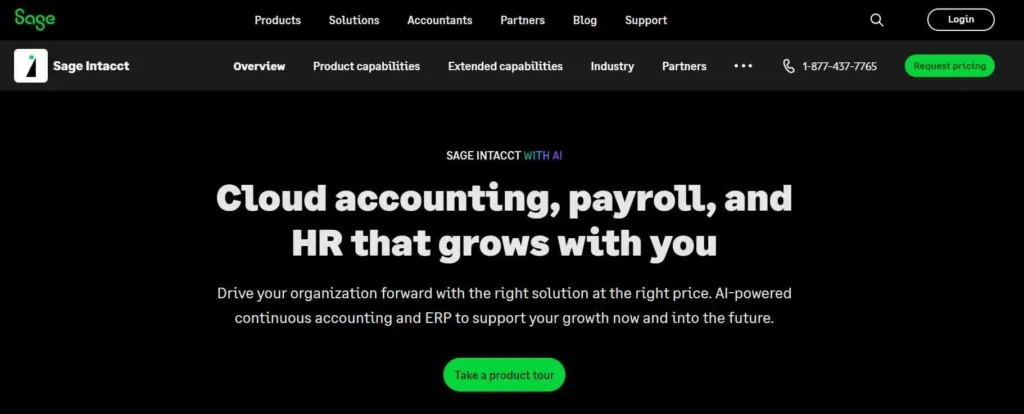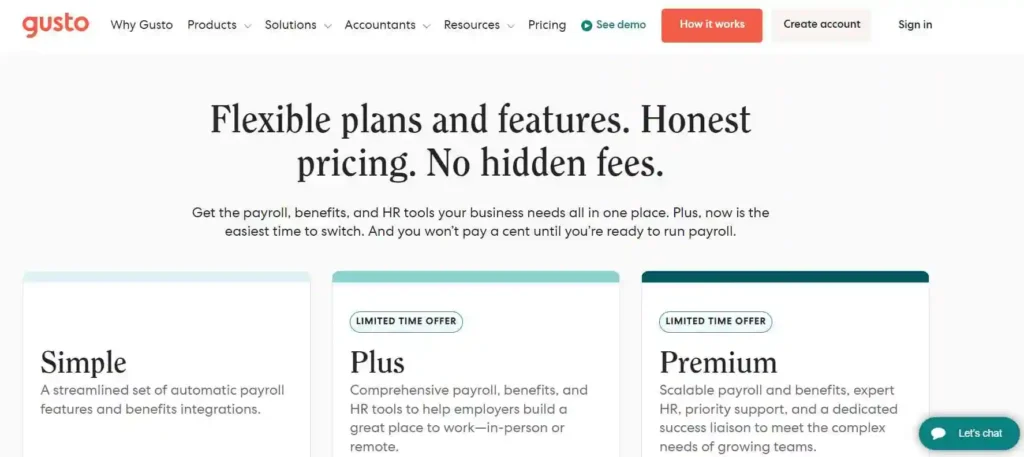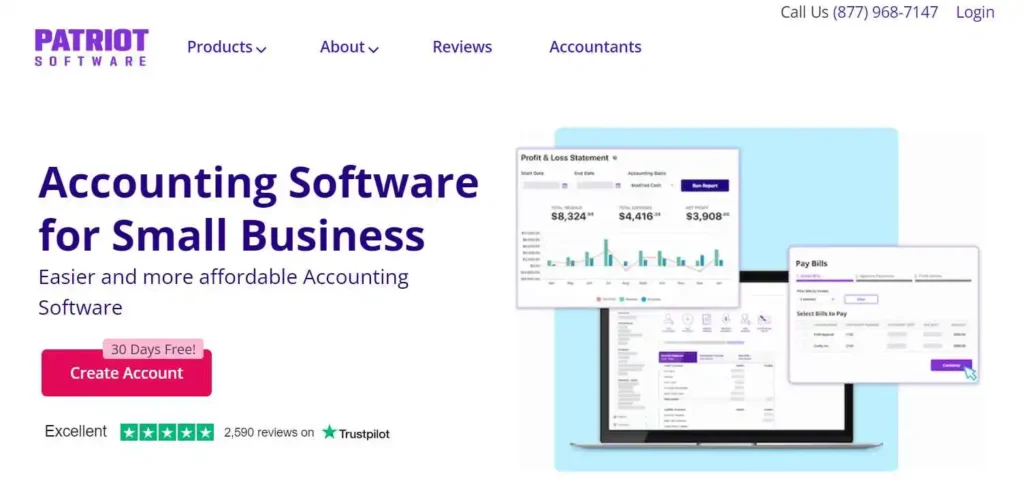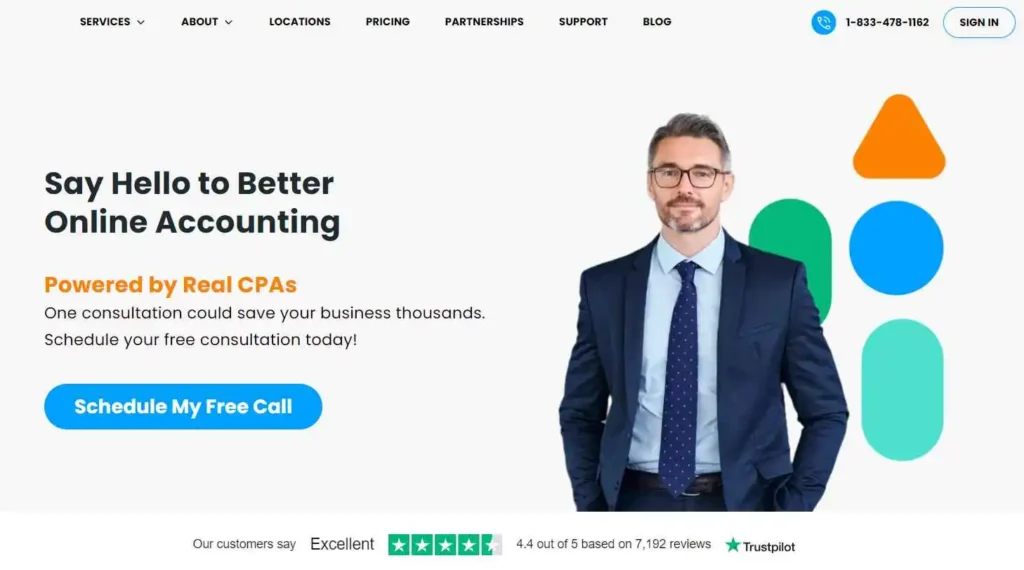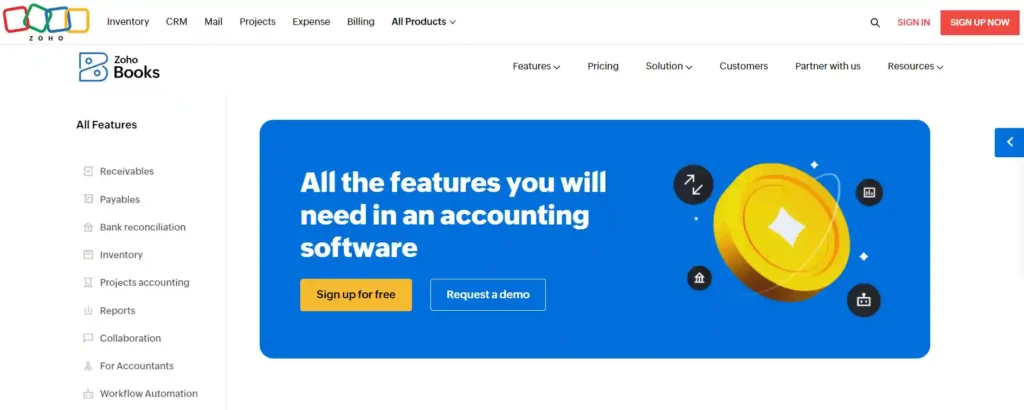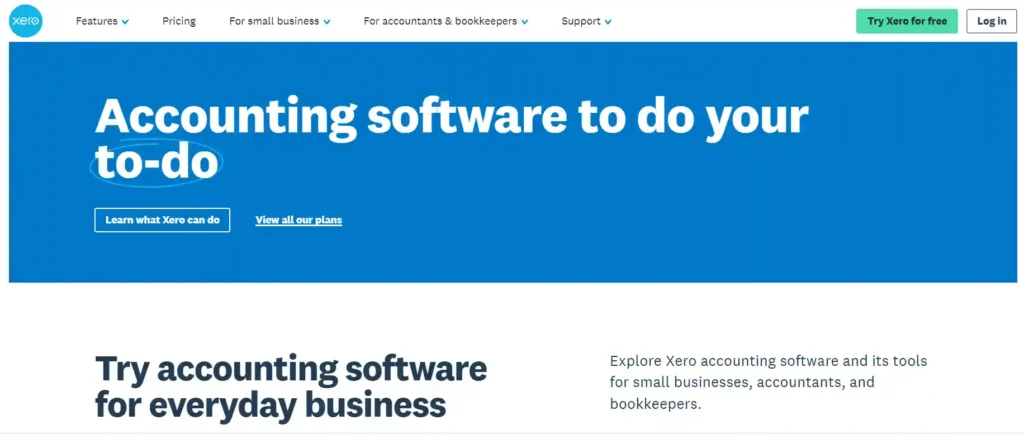- Home
- Accounting Software
Many new small businesses rely on spreadsheets to manage their finances, and some continue this method as they grow.
However, this approach can be time-consuming and often results in multiple documents with conflicting or outdated information. The solution? Small business accounting software.
Small business accounting software streamlines operations, from generating tax-related reports to keeping projects on budget.
We reviewed several top online accounting software options to help you compare features and prices, making it easier to choose the best tool for your business.
Our Top 10 Best Small Business Accounting Software Picks
- QuickBooks – Best Online Accounting Software on the Market
- FreshBooks – Best for Easy-to-Use Invoicing and Accounting
- Sage – Best for Businesses in Growth Mode
- Gusto – Best Accounting Software with HR Features
- Striven – Best for Detailed Financial Management Solutions
- Patriot Software – Best for Budget-Conscious Small Businesses
- 1-800Accountant – Best for Small to Mid-Sized Businesses
- Zoho Billing – Best for SMB Owners and Accountants
- Xero – Best for Reliable Online Support
- Xendoo – Best for Virtual Bookkeeping
QuickBooks – All-in-One Invoicing & Accounting Solution for Growth-Driven Businesses
Sage – Cloud Financial Management Software for Small to Mid-Sized Growing Businesses
Striven – Efficient Financial Management with Quick Reports and Unlimited Users
Xero – Accounting Software for Accountants, Bookkeepers, and Small Businesses
The Best Accounting Software: A Detailed Overview
- Best For - Best online accounting software overall
- Price range - From $15 / month
- Free trial or free version - Free 30-days trial
QuickBooks is a accounting system suitable for a wide range of businesses, from small enterprises to large-scale organizations.
The tool features OCR-powered expense receipt tracking, invoice creation, and optional payroll functionality through add-ons. While not all features are available on the mobile apps, they can be used with compatible hardware to process payments.
Pros
- Apps for iOS and Android
- Project profitability tracking
- Easy hour billing with integrations
Cons
- No built-in payroll functionality
- Mobile mileage tracking only on higher tiers
- Best For - Best for user-friendly invoicing and accounting
- Price range - From $7.60 per month
- Free trial or free version - Free 30-days trial
If you’re a business owner seeking a simple and efficient way to bill your clients, FreshBooks might be the user-friendly solution you’ve been searching for.
Creating invoices and managing expenses with FreshBooks is as simple as clicking and typing into fillable fields. The system is also scalable, supporting over 500 clients.
Pros
- Scalable to bill more than 500 clients
- Clickable document editing
- Payroll via integration
Cons
- No built-in payroll functionality
- Mobile mileage tracking only on higher tiers
- Best For - Scaling businesses
- Price range - On request
- Free trial or free version - No
Sage Intacct is a highly adaptable cloud accounting software solution perfect for growing businesses. It offers detailed reporting, extensive integrations, and comprehensive training resources, allowing you to scale your accounting operations as your business grows—without the need to hire expert staff.
The platform provides essential accounting features for managing your business finances, including Accounts Payable, Accounts Receivable, and General Ledger. Additionally, you can create detailed reports and dashboards to gain deeper insights into your business operations.
Why we chose Sage Intacct: We chose Sage Intacct for its customization options, huge integration marketplace, and user-friendly interface.
Our experience with Sage Intacct: We found the website easy to navigate and appreciated the support available. Sage Intacct truly makes an effort to help you navigate the learning curve.
Pros
- Highly customizable platform
- Extensive training resources
- Detailed reporting and dashboards
Cons
- Pricing only on request
- Learning curve on implementation
- Best For - Best accounting software with HR
- Price range - From $6 / month
- Free trial or free version - Free 30-days trial
Gusto is an excellent payroll service for small businesses, freelancers, and contractors. It offers automatic tax filing, a range of HR benefits including health, dental, vision, college funds, and 401k, as well as the ability to run unlimited payrolls. Gusto provides a cost-effective solution for businesses looking to simplify their monthly accounting tasks.
Gusto also seamlessly integrates with a variety of applications, including accounting programs like QuickBooks Online, Xero, and FreshBooks. Additionally, it can sync with time tracking apps such as Time Tracker and Homebase, as well as expense management tools like Expensify, providing you with a comprehensive database for all your accounting needs.
Pros
- All-in-one platform for payroll, benefits, and HR
- Access to financial benefits (401k, HSA, FSA, 529)
- Access to tools designed to help with hiring and managing teams
Cons
- No PEO option
- Only manual processing for mandated deductions
- Best For - Best for financial management tools
- Price range - $35 per month
- Free trial or free version - Free 30-days trial
Striven is an all-in-one business platform offering accounting, CRM, inventory management, and HR functionalities to boost efficiency and improve the experience for staff, vendors, and customers. It also includes productivity, marketing, and communication tools, such as project scheduling, team chat, and email scheduling.
By adding one of Striven’s secure portals, customers, vendors, and applicants can access self-service options as needed. This feature complements Striven’s comprehensive solution, offering businesses a way to save time and money while managing operations more efficiently.
Gusto also integrates with a wide range of applications, including accounting software such as QuickBooks Online, Xero, and FreshBooks. It can sync with time tracking apps like Time Tracker and Homebase, as well as expense management tools like Expensify, creating a unified database for all your accounting needs.
Pros
- Multiple useful third-party integrations
- Comprehensive suite of features
- Affordable for SMBs
Cons
- No free-forever plan
- Interface can be confusing due to large number of features
- Best For - Small businesses on a budget
- Price range - $20/month
- Free trial or free version - 30-days free trial
Patriot Software provides two online products for businesses: Patriot Accounting and Patriot Payroll. The accounting software is available in two versions, each with a flat monthly fee and no limit on the number of users
Overall, Patriot provides everything small businesses need to track income and expenses without overwhelming them with advanced features found in pricier enterprise-level software. The Accounting Basic plan covers all the essentials, and for just an additional $10 per month, you can automate many accounting tasks. This makes Patriot a solid choice for any small business looking for a budget-friendly accounting solution.
Pros
- Flat monthly fee for unlimited users
- Attractive user interface that’s easy to set up and use
- Track assets, liabilities, equity, income & expenses in one place
Cons
- No mobile app (although website is mobile-friendly)
- No third-party integrations
- Best For - Best for small to medium-sized businesses
- Price range - From $179/month (Billed annually)
- Free trial or free version - No
Looking to outsource your accounting and bookkeeping needs? If so, 1-800Accountant might be the perfect choice for you.
This company offers a range of pricing tiers to suit various needs, from basic business accounting and tax services to comprehensive bookkeeping solutions. 1-800Accountant has a plan to fit every requirement.
Pros
- Audit preparation service
- Dedicated accountants
- A variety of tiers
Cons
- No smartphone apps
- No user-run integrations
- Best For - Best for business owners and accountants of SMBs
- Price range - From $10/month
- Free trial or free version - 14 Days
Zoho Billing is an online accounting platform that helps business owners manage cash flows, track expenses, pay bills, invoice clients, and accept payments. It offers four pricing tiers—Free, Standard, Professional, and Premium—with higher-tier plans providing a more extensive set of features.
For enhanced functionality, Zoho Billing integrates with various platforms, including inventory management systems, CRM software, and payroll services. Plus, Zoho’s website features a collection of educational materials to help users become familiar with the platform and best practices in accounting.
Pros
- Intuitive interface and sleek dashboard design
- Offers an expansive array of core features; add-on enhancements available
- Features grow with your business
Cons
- Lacks payroll and inventory management features
- No customized plan for larger organizations
- Best For- Best for online support
- Price range - From $14.50/month
- Free trial or free version - Free 30-days trial
Xero is a cloud-based accounting software designed for small to medium-sized businesses. It offers features like invoicing, expense tracking, and bank reconciliation, along with real-time financial reporting. Xero’s user-friendly interface and extensive integrations make it a powerful tool for managing business finances efficiently.
Pros
- All plans support unlimited users
- Exceptional online support
- Interactive quotes and lists
Cons
- The database search functionality is basic
- Limits on bills and invoices with entry-level plans
- Not scalable for larger organizations
CPA Guidance and Personalized Bookkeeping
- Best For - Best for online bookkeeping
- Price range - From $295 per month
- Free trial or free version - 30-days free trial
Xendoo provides a swift and easy setup for its accounting and bookkeeping services, including a 30-day free trial. After onboarding, you’ll work with a dedicated team of bookkeepers and a CPA for expert advice on your business’s financial health. The service includes access to invoices, balance sheets, statements, and monthly business reports.
If you encounter any issues, Xendoo’s thorough customer support is available to address your queries and provide solutions. Additionally, you can refer to their informative blog and FAQs for assistance. While some plans have limited features and inventory management options are minimal, Xendoo offers competitively-priced plans, including a custom option, that should suit the accounting needs of most small and medium-sized businesses.
Pros
- CPA and bookkeeping team available
- Monthly financial reports and statements
- Comprehensive customer support
Cons
- Hustle Plan features are basic
- Bank card info needed to access the free trial
What You Should Know About Accounting Software
What is Accounting Software?
Accounting software automates tasks such as invoicing, accounts payable, accounts receivable, income tracking, and expense management. For small businesses, this type of software consolidates financial data into a single platform, simplifying data sharing both within teams and externally. It also helps prevent manual data entry errors and reduces the need for duplicate entries.
The best accounting software for small businesses typically falls into two categories: desktop accounting software or online accounting software. Desktop accounting software is installed directly on your company’s computers, while online accounting software, also known as software-as-a-service (SaaS), operates through the cloud, offering the same functionalities but with the added benefit of remote access.
What Are the Must-Have Features for Your Accounting Software?
At the very least, your accounting software should include essential bookkeeping functions such as invoicing, accounts payable, accounts receivable, income tracking, and expense management. However, the best accounting software for small businesses goes beyond these basics. Below are some advanced features to look for:
Tax integration: Your accounting software should be capable of generating balance sheets, profit and loss reports, and other customized documents necessary for tax filing. The best bookkeeping software also allows you to photograph and store receipts using a mobile device, ensuring everything is securely organized for tax season.
Payroll management: Payroll features are typically not included in accounting software but can be integrated with third-party payroll and HR systems. Once configured, your software will handle payroll calculations, tax filings, same-day direct deposits, and employee benefits management.
Business insights: Online accounting software collects extensive data about your business, so why not leverage that information? The top programs provide business insights and intelligence through intuitive reports and dashboards, helping you make data-driven decisions.
Custom invoices and receipts: Keep in mind that every interaction with customers and service providers is a chance to reinforce your brand. Some accounting software allows you to create custom invoices and receipts, making your brand more memorable.
Multi-user access: Depending on your business size, you may need to provide access to multiple users. The best accounting software offers plans that accommodate multiple users, including options for your accountant.
Support for mobile: You never know when you might need to capture or access data on the go. Most leading accounting software providers offer free apps for both iOS and Android devices.
Unlimited cloud storage: One of the key advantages of online accounting software is that all your data is stored in the cloud, offering virtually unlimited storage capacity.
Free support: When issues arise, it’s reassuring to know your software provider is there to help. Many premium plans include a dedicated account team to provide you with personalized support.
Scalability: Accounting software is ideal for rapidly growing businesses where manual data entry is no longer sufficient. As your business expands, you’ll need software that provides scalable accounting solutions to keep up with your growth.
User-friendly: Last but not least, user-friendliness is essential. Your accounting and invoicing software should be simple enough for anyone on your team to learn and use effectively within a few hours.
How Much Should You Expect to Pay for Accounting Software?
As with most software-as-a-service models, the cost of online accounting software largely depends on the features you require and the number of users. Pricing can vary significantly: some providers offer a fixed monthly rate that includes all or most features, while others use tiered pricing that increases as additional features are added.
Based on our research of the leading providers, accounting software can range from $12 to $300 per month. The most affordable plans typically cover basic accounting functions like income and expense tracking, invoicing, payment processing, cash flow management, sales tracking, and sales tax calculation. Payroll integration is usually an additional cost, either included in higher-tier plans or available as an add-on for $4 to $10 per employee per month. Advanced features, such as income tax return preparation, often come at an extra cost.
What Are the Best Free Accounting Software?
Believe it or not, free accounting software does exist—and we’re not just referring to Excel or Google Sheets. Some of the most well-known names in this space include Wave, ZipBooks, and SlickPie. These web-based accounting programs offer essential functions like managing accounts receivable, tracking expenses, and generating profit and loss statements as well as balance sheets.
Free accounting software is an excellent stepping stone for sole proprietors and very small businesses seeking an upgrade from spreadsheet programs like Excel and Google Sheets. These tools allow you to perform the same tasks that you could accomplish with Excel or Google Sheets—without the need to spend time programming all the necessary formulas yourself.
While free software is useful for basic tasks, it doesn’t come close to the features provided by paid accounting software. If you need capabilities like managing payroll, tracking inventory, or handling tax preparation, you’ll need to invest in a paid solution.
Conclusion
If you can afford to automate business tasks, it’s a smart investment. While handling accounting manually might seem cheaper at first, it quickly becomes time-consuming and increases the risk of costly errors. The best accounting software scales with your business, allowing you to start by automating core accounting tasks and gradually adding more complex functions like payroll and tax reporting as needed. Once you start using small business accounting software, you’ll likely wonder why you ever managed things manually.
By ilovetechinfo
The editorial staff at ilovetechinfo.com consists of a professional team of editors and writers with decades of experience covering consumer, financial, and business products and services.
Our reviews are provided by real users, just like you!
Star ratings are determined by the overall brand rating. Some reviews come from third-party sources. We encourage you to share your own experiences by leaving a review for these brands.




